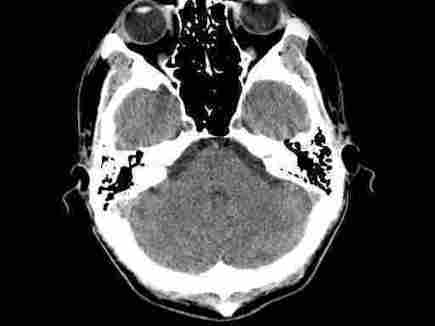At the World Medical Innovation Forum this week, participants were polled with a loaded question:
“Do you think healthcare will become better or worse from the use of AI?”
Across the respondents, 98 percent said it would be either “Better” or “Much Better” and not a single one thought it would become “Much Worse.” This is an interesting statistic, and the results were not entirely surprising, especially given that artificial intelligence was the theme for the meeting.
This continual stream of adoption of new technologies in both clinical and post clinical settings is remarkable. Today, healthcare is a technology operation. As a case in point, outside of the array of MDs and medical professionals presenting at the forum, there was clearly a strong, advanced technology thread weaved throughout the conversations of the traditional topics of pathology, radiology, bioinformatics, electronic medical records (EMR), and standard healthcare provider issues.
As an example, a panel of senior technology experts from Microsoft, Cisco Systems, Dell EMC, Qualcomm, and Google joined research and information officers from Partners Healthcare and Massachusetts General Hospital to discuss the challenges in what they called “Data Engineering in Healthcare: Liberating Value.” That is a serious title for a panel.
Data portability was clearly a key topic, as was security and the public cloud.
The underlying issue with the cloud is that the EMR was never really designed to be portable.
Health records existed with institutional walls, and were not originally intended for real time care, but more as a means of tracking costs and transactions as the patient traveled through the various systems. As the EMR has not only become more feature rich, the ability to mine that data inside of them with ML and AI methods is clearly at the forefront of everyone’s mind right now.
There was discussion of episodic systems wrapped in policy and technology – this really isn’t quite how we can gain the maximum knowledge from the healthcare version of a Digital Me. A digital object containing all of our many and varied health related attributes. The challenges of discussing how to best build a “marketplace” and healthcare data exchanges and how to integrate “data marts” with existing EMR systems was obvious.
Via nrip, Lionel Reichardt / le Pharmageek



 Your new post is loading...
Your new post is loading...








AI can help clinicians and nurses do their job better. AI will never replace doctors, but doctors which use AI will replace doctors who dont.